Latest from Buyers Guides
 '1972â73 1-1024x675.jpg)
Top Tips for Buying a Used Ford Falcon/Fairmont XA-XC (1972-79)
Ford Falcon XA-XC values have improved significantly, but these cars still don’t match the popularity of earlier XW-XY versions. Basic cars still don't generate enough money to justify high-value restorations and can often be stripped for any usable parts.
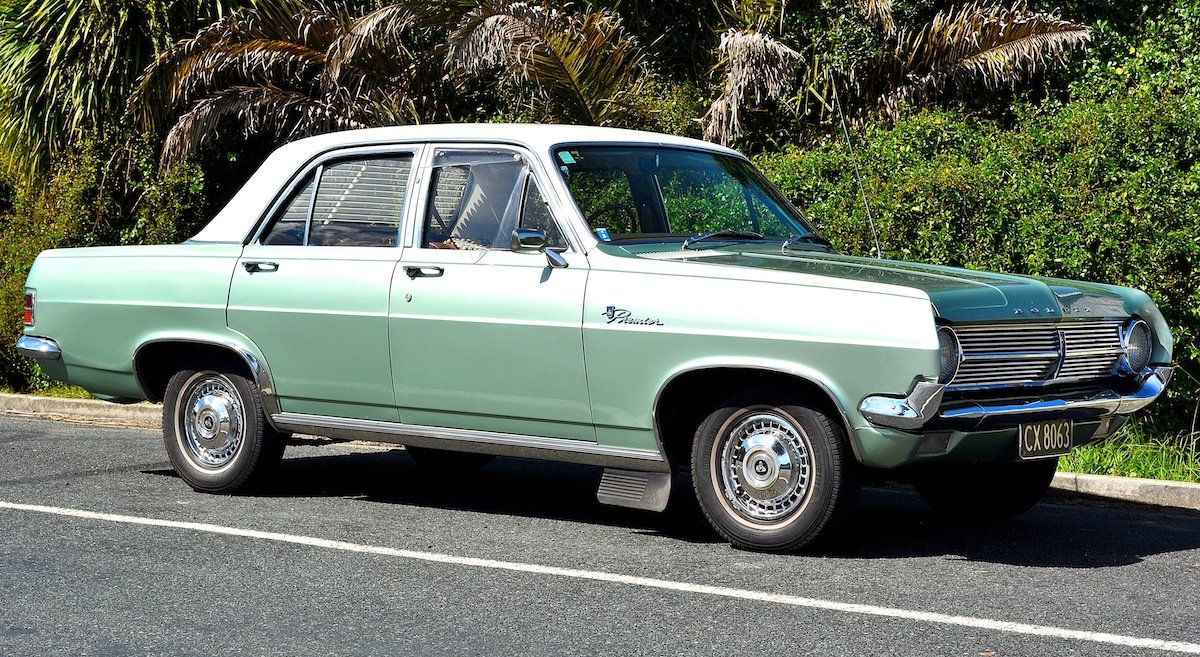
Top Tips for Buying a Used Holden HD-HR (1965-68)
Prices for Special and Standard versions of the HD and HR begin below $20,000, with utes costing around the same as sedans, but panel vans are scarce and 30 percent more expensive than passenger versions.
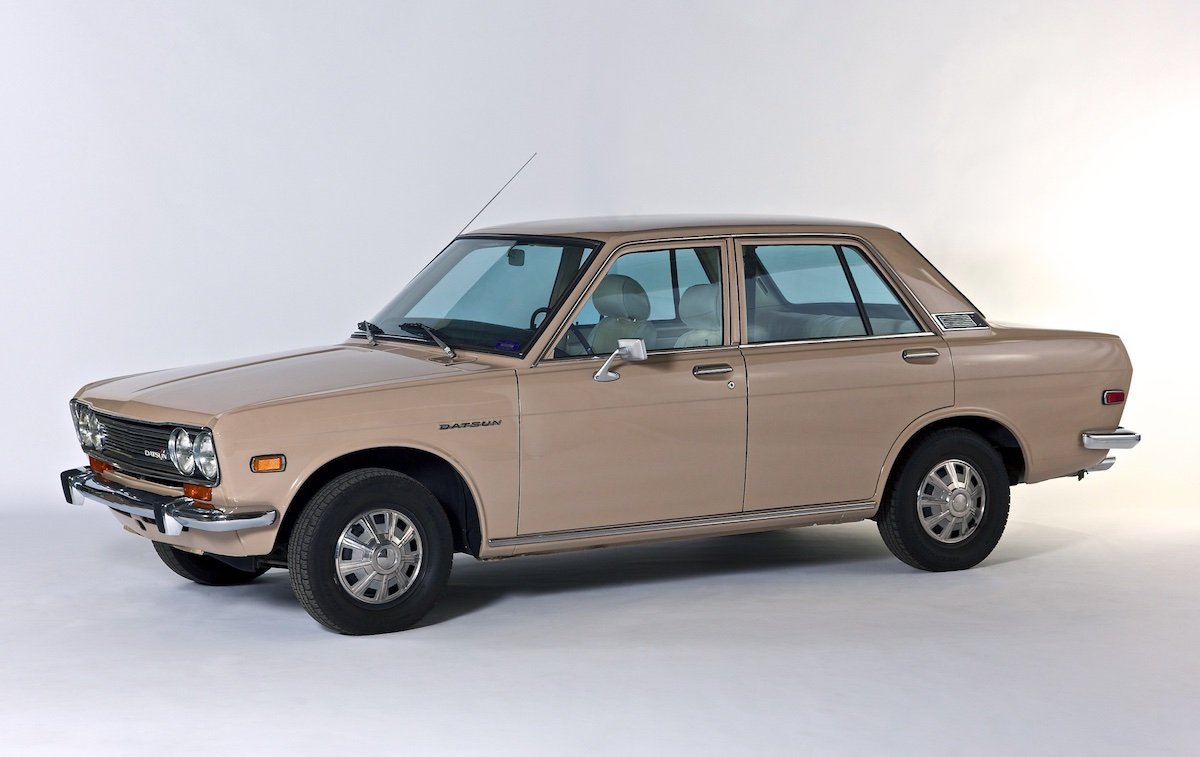
Top Tips for Buying a Used Datsun 1600 (1968-72)
When it arrived in the late ’60s, the Datsun 1600 boasted strong levels of standard equipment, a grunty four-pot engine, front disc brakes and independent rear suspension, positioning it closer to a BMW on paper than any of its Japanese contemporaries.
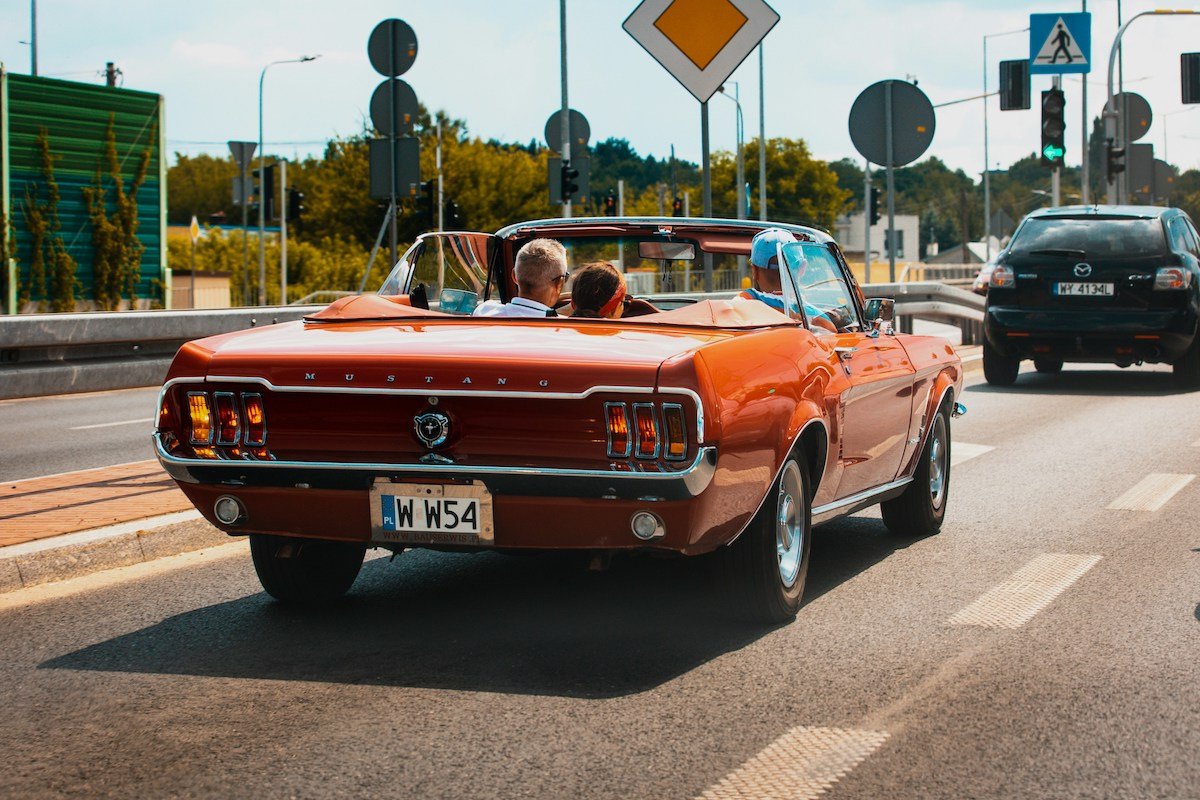
How To: Essential Tips for Test Driving a Used Classic Car
Test driving is the single most important aspect of the classic car buying process. Even a brief amount of time spent driving a car will reveal faults that could cost money.
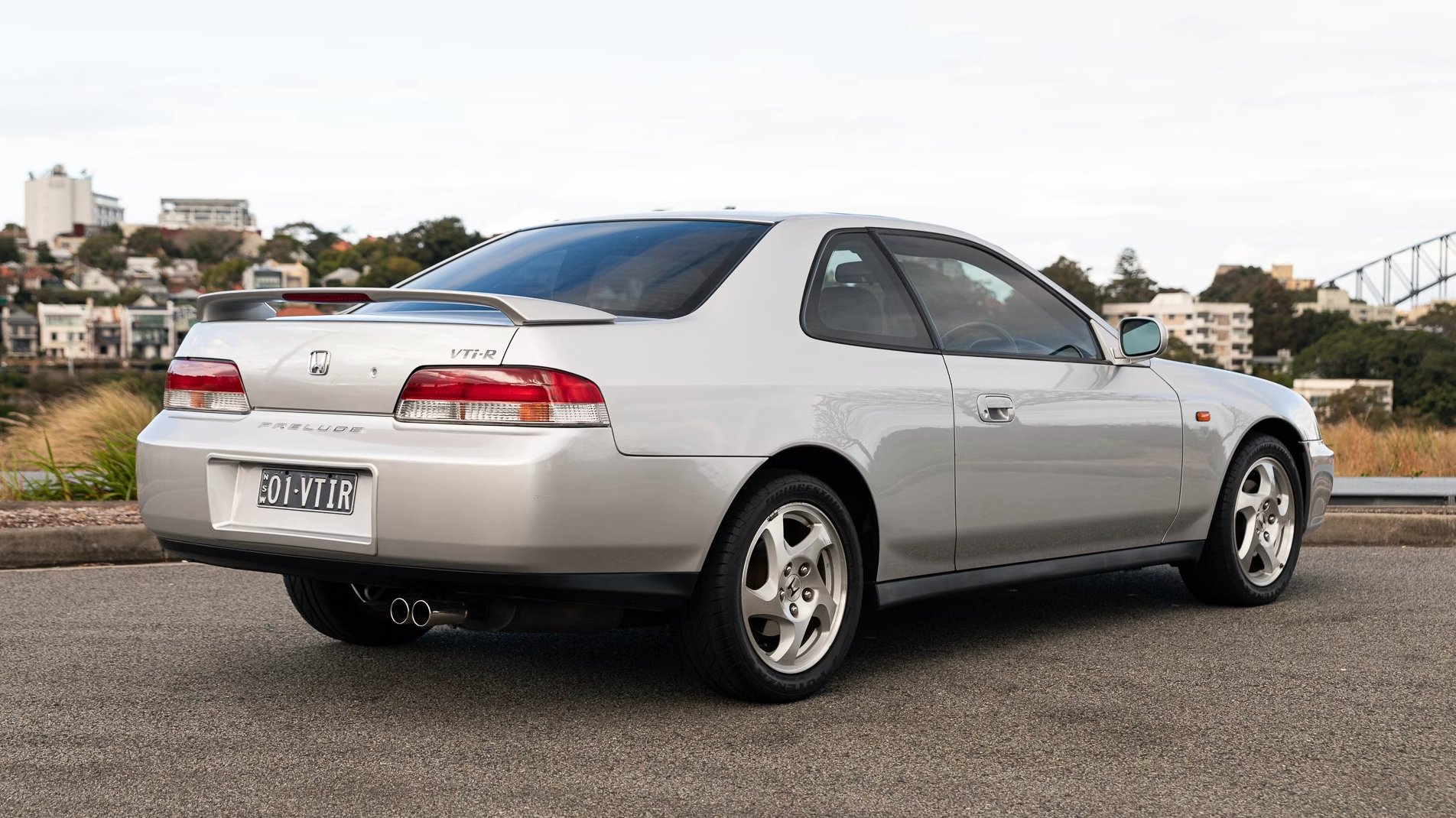
Top Tips for Buying a Used Honda Prelude VTI-R (1994-2000)
The third-generation Honda Prelude launched in Australia in 1992 as an unassuming but effective sports coupe. Early Si versions had a 118kW four-cylinder which was deemed ‘adequate’ by people who were buying the Prelude as much for its stylish good looks as its performance. But there was a more performance-oriented element that thought the sweetly-balanced Prelude chassis could deal with more pow…
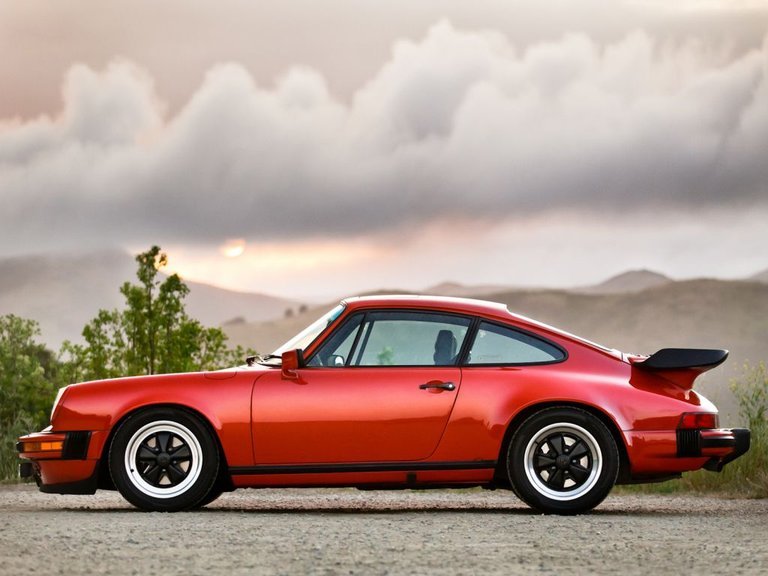
Top 10: Tips For Buying Your First Classic Car
Retro Rides’ Market Analyst Cliff Chambers has owned lots of interesting cars and helped other people buy plenty more. Here he shares advice that will be valuable to anyone in the market for their first Classic vehicle.
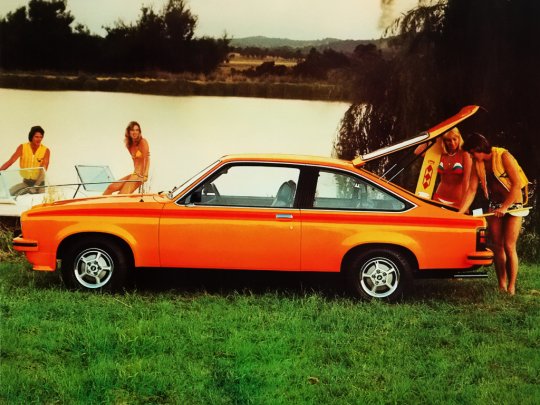
Top Tips for Buying a Used Holden Torana LX SS V8 Hatch (1976-78)
The local motor industry was more than a little shocked in 1976 when Holden’s LX update of its mid-sized Torana included a stylish new hatchback body style. Versatility was the reason Holden had gone with the hatchback, expanding the Torana’s appeal and giving the car maker a player in a segment populated by Japanese models like Datsun’s 260Z 2+2 and Toyota’s Celica.
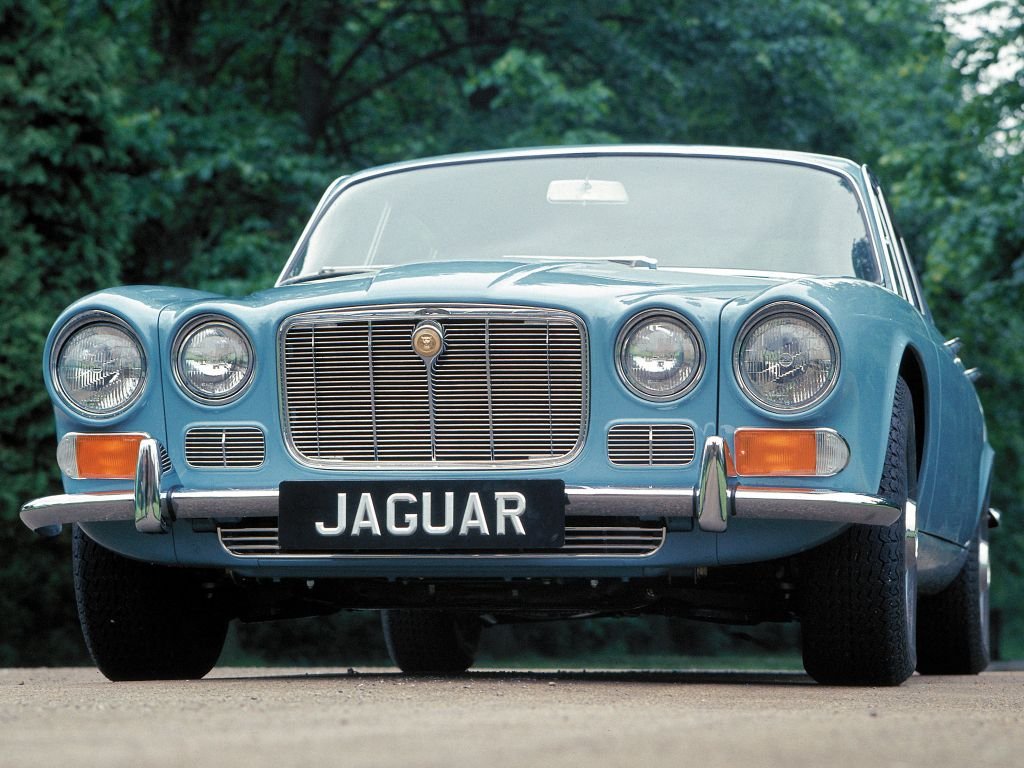
Top Tips for Buying a Used Jaguar XJ6 (1968-86)
The XJ6 Jaguar displayed in 1968 at the London Motor Show was an extraordinary car. The shape was low and wide and owed nothing to the ‘compact’ saloons that had driven Jaguar’s fortunes since the 1950s, yet this car was so obviously a Jaguar it was displayed unadorned and without badges.
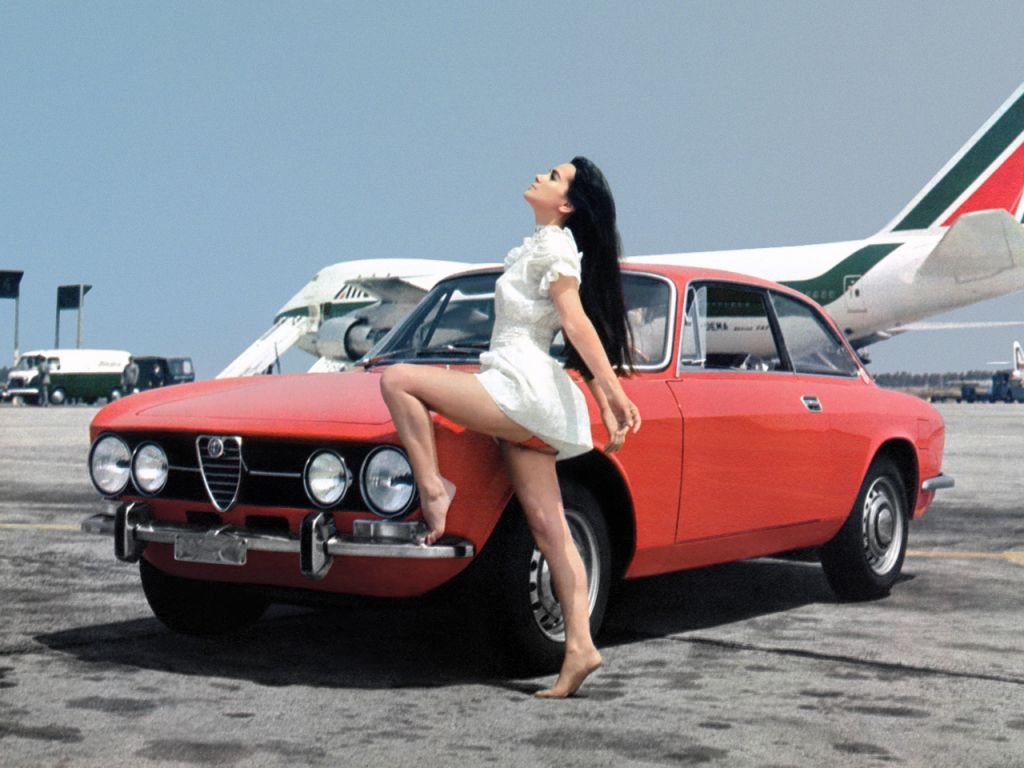
Top Tips for Buying a Used Alfa Romeo 105-Series Coupe (1963-77)
Bathurst in 1967 hosted an uneven battle between Ford’s new 4.7-litre Falcon GT and Alfa Romeo’s 1.6-litre GTV. The Alfas lost by half a lap but won the admiration of many enthusiasts, some of whom went on to become passionate Alfa owners in the years following that race.
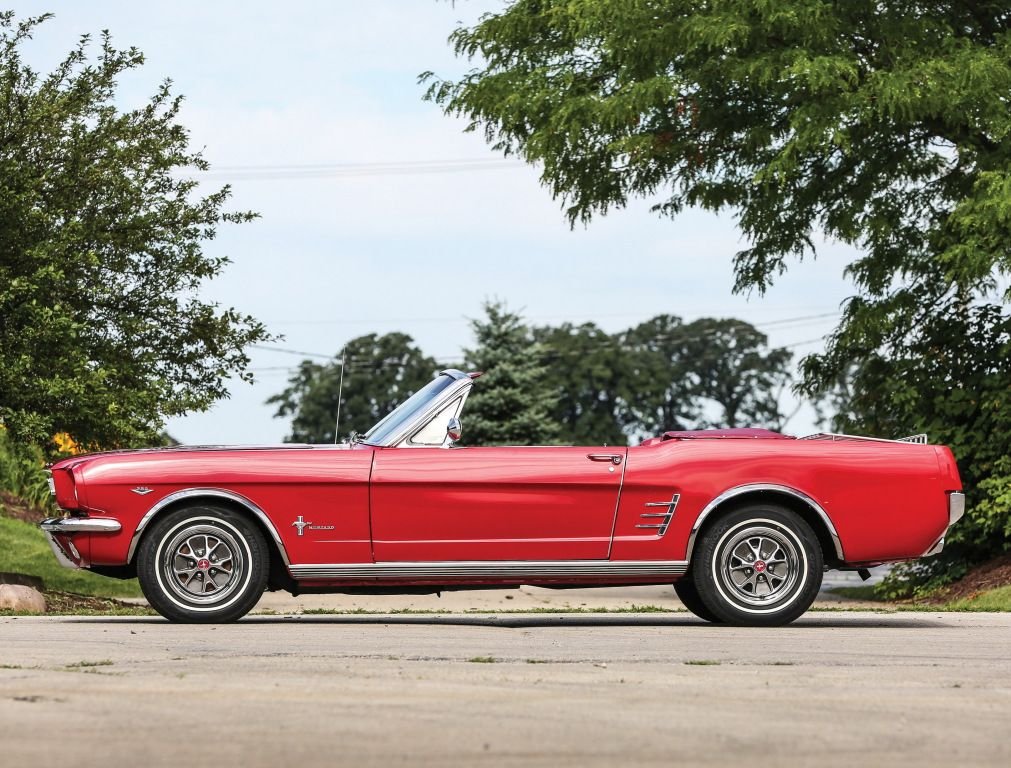
Top Tips for Buying a Used Ford Mustang (1964-66)
Launched at the 1964 World’s Fair, Ford's ground-breaking Mustang was never really intended to be a performance car. It began life as a low cost, stylish 'secretary's car' with six cylinders and a bland persona. But there was a V8 option. The short lived F-Code 260 V8 for the 1964 model year with the C-Code 289 arriving for the 1965 models.
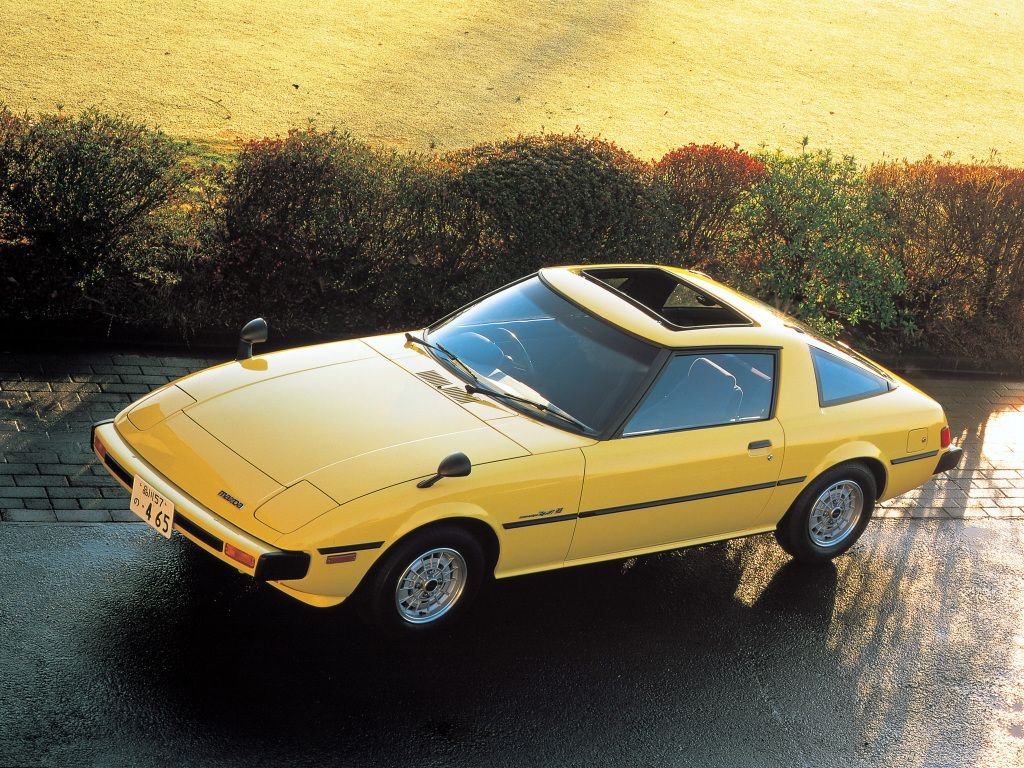
Top Tips for Buying a Used Mazda RX-7 (Series 1-3)
Mazda’s first production rotary, the Cosmos 110S was a sporty two-seat coupe and Mazda didn't build another one in significant quantities until 1978 when the RX7 appeared.
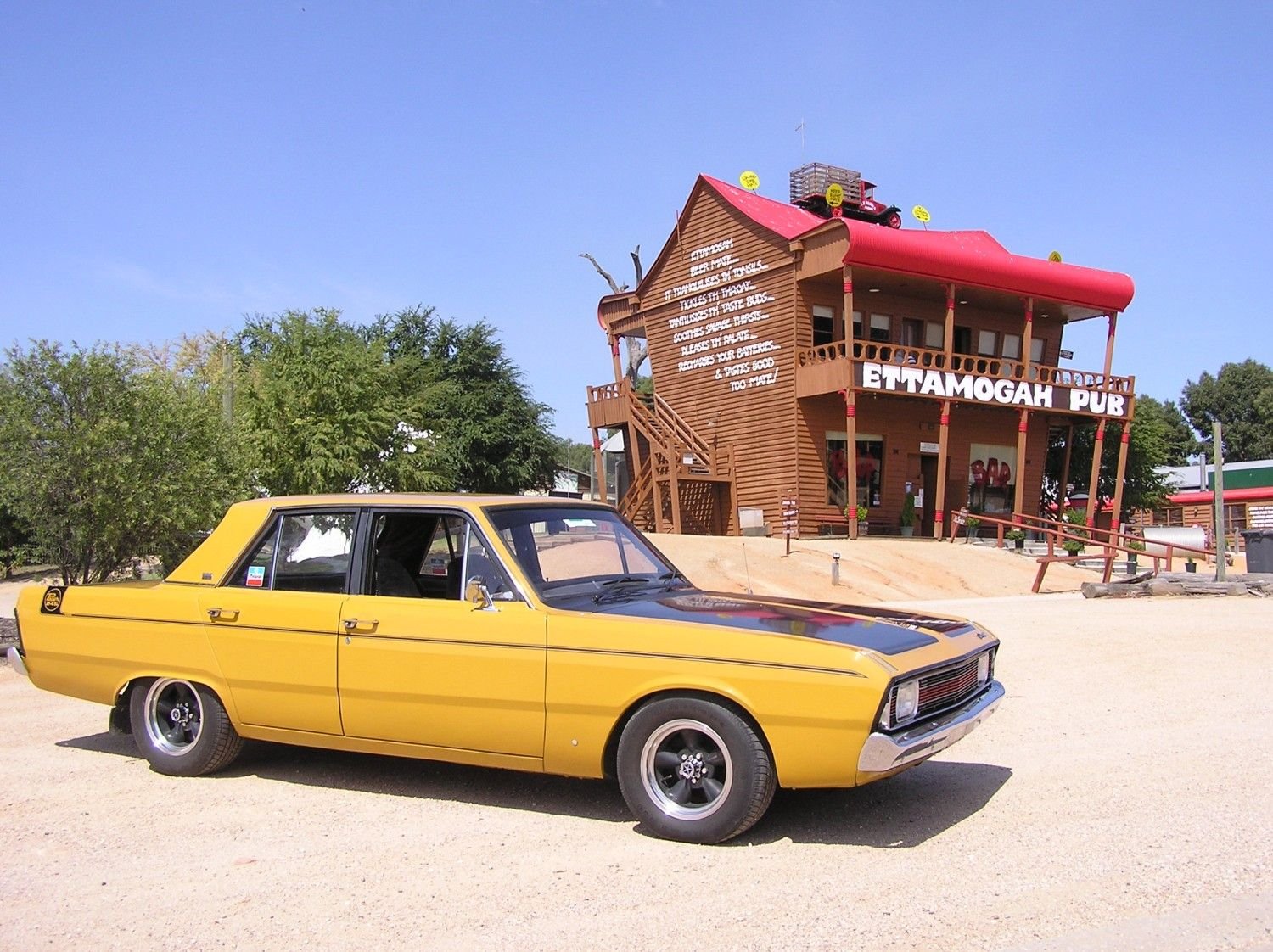
Top Tips for Buying a Used Chrysler VG Pacer
Chrysler’s budget-priced Pacer appeared in 1969 with bright colours, distinctive ‘Tombstone’ seats and a three-speed floor-shift. A year after the original VF model was launched came a restyled and more refined VG. This was the Adelaide-built car that Chrysler believed had the right combination of power, equipment and pricing to do battle with the rival Holden Torana and Ford Falcon V8.
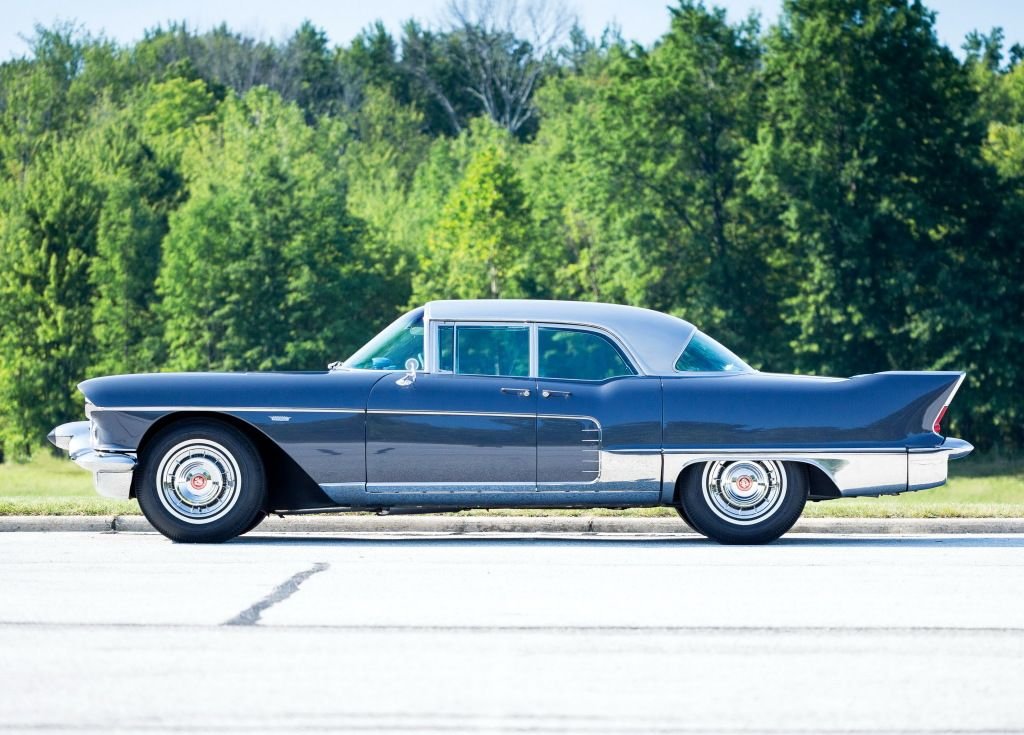
Top Tips for Buying a Used Cadillac (1948-58)
Given that the United States in 1929 went close to sending the whole world bankrupt, it was seriously unfair that 20 years later it was rolling in loot and producing cars that hardly anyone else could afford.
